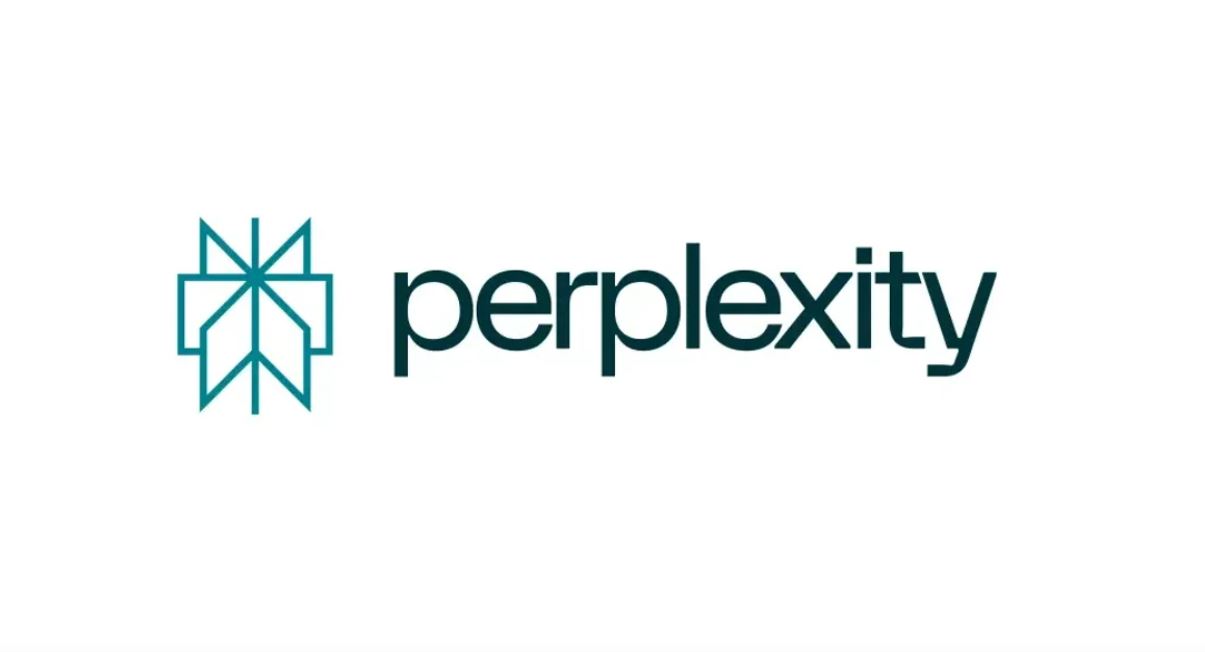In response to News Corp’s recent lawsuit, Perplexity, an AI-powered search startup, publicly addressed the allegations of copyright infringement, pushing back against the media industry’s concerns regarding AI’s impact.
Filed by News Corp earlier in the week, the lawsuit claims Perplexity
News Corp, in the lawsuit filed earlier in the week, claimed Perplexity committed extensive copyright infringements by using content from Dow Jones and the New York Post without permission.
Perplexity, in its response, criticised media companies’ resistance to generative AI, suggesting these lawsuits reflect an industry unwilling to embrace AI’s potential.
Read also: How African Gen-Zs are utilising social media to mobilise for social change
Perplexity’s response: Criticism of media’s control over public Information
Perplexity’s blog post reveals that media companies have filed around three dozen lawsuits against generative AI tools, indicating a concerted effort to limit the technology’s existence. The complaints had the undertone that they intended for AI not to exist at all.
The startup argues that media companies seek to control “verified public facts” because licensing costs and hurdles could otherwise discourage public dissemination.
This uncompromising tone is new in Perplexity’s interaction with others, who it has usually criticised less harshly.
Avoiding the core issue: Copyright and competition
While the blog post takes a swipe at the industry’s views on AI, it largely sidesteps the core allegation: that it reproduces large portions of media content verbatim and competes directly with the original publishers.
Instead, Perplexity claims media companies like News Corp want to limit AI’s existence and utility.
The claim, however, runs afoul of an active partnership between News Corp and Open AI, which allows ChatGPT to display its journalistic content and indicates a willingness to collaborate.
Perplexity itself collaborates with media partners, including Time, Fortune, and Der Spiegel, in a revenue-sharing arrangement, which calls into question its portrayal of the industry as uniformly hostile.
The AI startup’s revenue-sharing model demonstrates that AI companies and media outlets can create mutually beneficial relationships. The blog post implies that media resistance to AI concerns dissatisfaction with terms rather than an outright opposition to technology itself.
Perplexity also contests News Corp’s claims regarding its practices. News Corp accused Perplexity of reposting full articles without proper authorisation, an accusation Perplexity described as “misleading.” The AI company insists it engaged in outreach with News Corp and denied the claim that it ignored previous communications.
Perplexity suggests that News Corp’s lawsuit includes “salacious” examples to paint a skewed picture of the company’s practices. Perplexity speculates that these examples may not feature prominently in the actual court case, but the accuracy of this claim remains to be seen as the legal proceedings unfold. This argument underscores Perplexity’s stance that News Corp may exaggerate the issue for public impact, though only court hearings will reveal the whole picture.
Read also: South Africa’s Capitec Bank restricts crypto payments in anti-fraud effort, faces backlash
Awaiting legal outcomes: Implications for AI and media
Perplexity’s public response, though combative, may differ in tone and detail from its official court statements, adding another layer to the debate surrounding AI, copyright, and the future of media.
While Perplexity deflects and disputes the allegations, the outcome of the case could shape the landscape of AI use in content-sharing and copyright in the digital age.





Leave a Reply